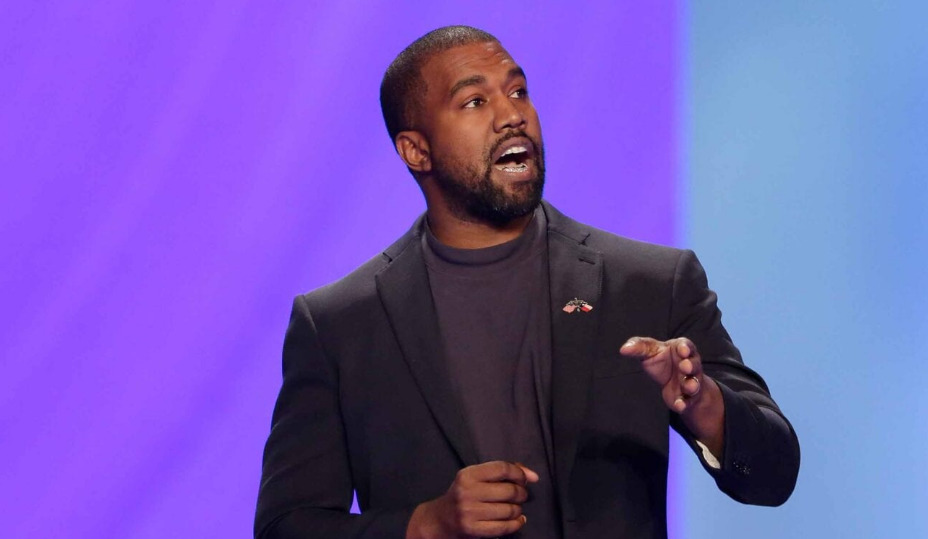Cambridge Students Are Encouraged To Study The Rapper, Kanye West, As Dons Try To Deflect Criticism Over ‘Racist’ Teaching Claims

Critics accuse the university for turning its back on great literature for political reasons.
English students at Cambridge University are being encouraged to study the likes of rapper Kanye West as dons try to deflect criticism that their teaching is inherently racist.
Chris McGovern of the Campaign For Real Education, said: ‘It is both laughable and pitiful that the likes of Kanye West and Kim Kardashian can be allowed to deliver a knockout blow against the best that Western civilisation has to offer. A renaissance of culture is needed, not the last rites on great literature and art.’
Professors say they are aiming to ‘decolonise’ their course after claims there was ‘structural anti-blackness’ at the 811-year-old university.
Critics accuse the university for turning its back on great literature for political reasons.
In a letter to students, the English faculty set out a series of measures aimed at achieving a ‘truly decolonised degree’.
It cites 6,000-word essays on subjects such as black queer performance poetry, jazz musician Gil Scott-Heron and West, the outspoken husband of reality star Kim Kardashian, as examples of how progress is being made.
The letter was sent out earlier this year in response to an open letter signed by 400 students past and present that condemned the faculty’s ‘structural anti-blackness and racism’ and claimed that Cambridge students were ‘actively discouraged’ from writing about race.
The response, obtained under the Freedom of Information Act, also says academics have been warned against using racially-sensitive language, even when the terms are included in the text being studied.
Critics complained that changes to Cambridge’s syllabus were being driven by a fringe group of politically correct activists who threatened academic excellence and promoted victimhood.
Frank Furedi, a professor of sociology at Kent University, said the episode proved that ‘politics trumps academic learning’.
The English faculty’s website says: ‘We acknowledge our institution… has benefited from the legacies of racism’ and vowing change.






